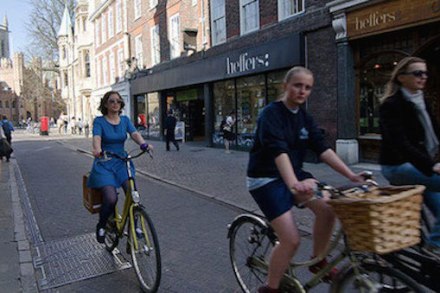The poet who welcomed war
Today, 23 April, the world celebrates the 450th anniversary of William Shakespeare’s presumed birth (and marks with less joy the date of the Bard’s death in 1616). That double date obscures another: the 99th anniversary of the death of a less celebrated Warwickshire-born literary lad, the poet Rupert Brooke. Brooke, like many of his friends and contemporaries, died in the First World War. But unlike most of them, he perished not in action, but as a result of septicaemia from an infected insect bite to his upper lip. En route to the bloody beaches of Gallipoli, he fell ill in Egypt, died on a French hospital ship moored off the




















